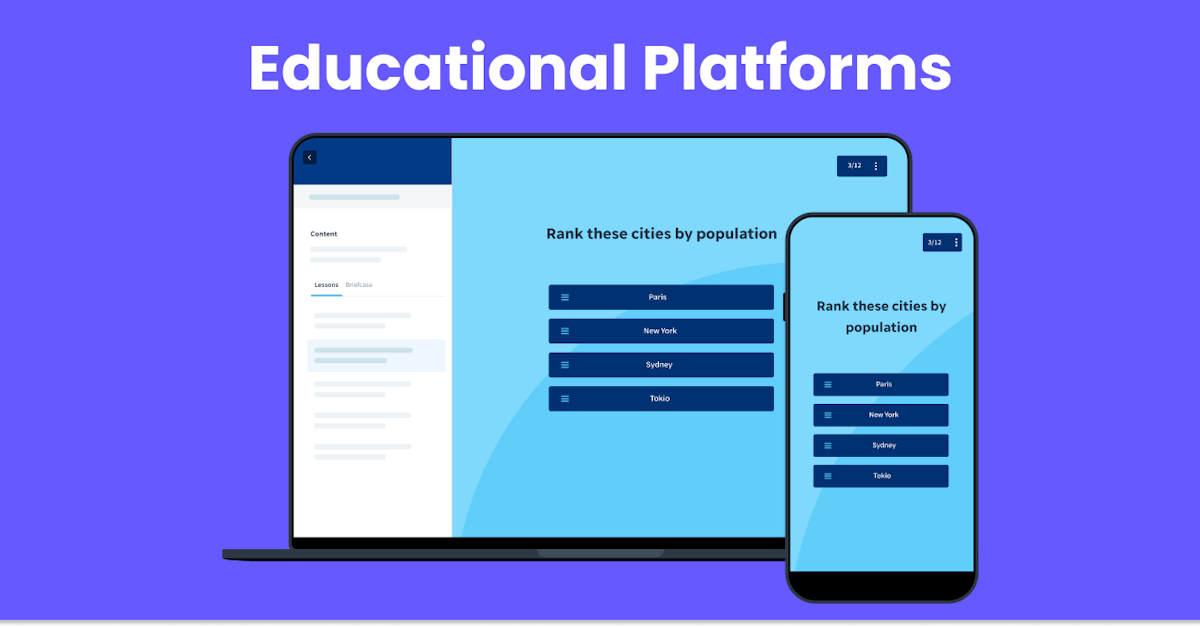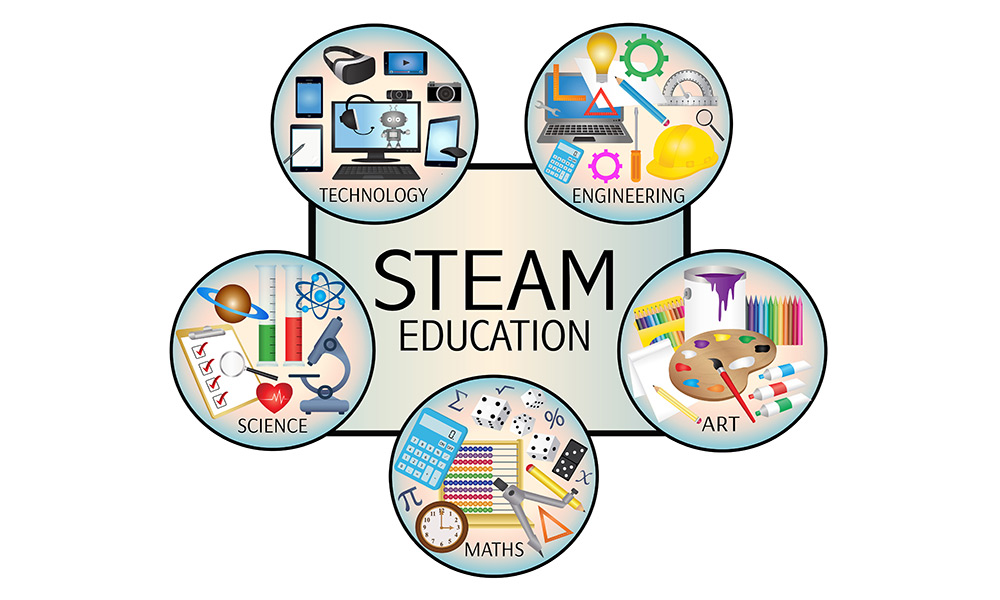
Innovative Teaching Technologies: Shaping Future Classrooms
The realm of education is witnessing a technological revolution that is reshaping traditional teaching methods. Innovative teaching technologies are paving the way for more engaging, interactive, and effective learning experiences.
Digital Classrooms: Beyond Chalkboards and Textbooks
Digital classrooms have emerged as a cornerstone of innovative teaching technologies. The shift from traditional chalkboards to interactive whiteboards and digital textbooks has transformed the way educators deliver lessons. These digital tools provide dynamic content, multimedia resources, and interactive activities, creating a more immersive learning environment.
Smart Devices and Apps: Enhancing Learning Accessibility
The integration of smart devices and educational apps has revolutionized accessibility to learning resources. Students can now access educational content anytime, anywhere, fostering a culture of continuous learning. Interactive apps cater to various learning styles, making education more personalized and adaptive to individual needs.
Flipped Classroom Model: Rethinking the Learning Structure
The flipped classroom model flips the traditional approach to homework and classwork. Students engage with instructional content at home through online videos and materials, allowing classroom time to be dedicated to collaborative activities and hands-on learning. This model promotes active participation and a deeper understanding of concepts.
Virtual Reality (VR) in Education: Immersive Learning Experiences
Virtual Reality (VR) is creating a buzz in education by offering immersive learning experiences. From virtual field trips to simulated science experiments, VR provides students with opportunities to explore and interact with subjects in ways previously unimaginable. This technology transcends physical limitations, transporting learners to new dimensions of understanding.
Artificial Intelligence (AI) Tutoring: Personalized Learning Journeys
AI tutoring systems are shaping the future of personalized education. These systems use machine learning algorithms to assess individual learning styles and adapt coursework accordingly. AI tutors provide real-time feedback, track progress, and offer tailored support, making learning more effective and customized to each student’s needs.
Gamified Learning Platforms: Making Education Fun and Engaging
Gamified learning platforms leverage the principles of game design to make education enjoyable and engaging. Points, badges, and interactive challenges motivate students to actively participate in the learning process. Gamification not only enhances motivation but also cultivates problem-solving skills and critical thinking.
Augmented Reality (AR) for Interactive Learning
Augmented Reality (AR) adds a layer of digital information to the physical world, enhancing interactive learning experiences. AR applications allow students to manipulate virtual objects, explore historical events in 3D, and engage with educational content in a more tangible way. This technology bridges the gap between the virtual and physical realms of learning.
Collaborative Online Tools: Fostering Virtual Teamwork
Innovative teaching technologies extend beyond individual learning to foster collaboration. Online tools enable virtual teamwork, connecting students regardless of geographical barriers. Collaborative platforms for document sharing, video conferencing, and project management prepare students for the collaborative nature of the modern workplace.
Data-Driven Instruction: Improving Educational Outcomes
Data-driven instruction involves leveraging analytics to enhance teaching strategies and improve educational outcomes. By analyzing student performance data, educators can identify areas that need attention, track progress, and make informed decisions to optimize the learning experience. This evidence-based approach ensures continuous improvement in teaching methodologies.
Embracing innovative teaching technologies is crucial for educators aiming to prepare students for the challenges of the future. Stay at the forefront of this transformative wave by exploring Innovative Teaching Technologies, where you can find valuable insights and resources to shape the classrooms of tomorrow.



